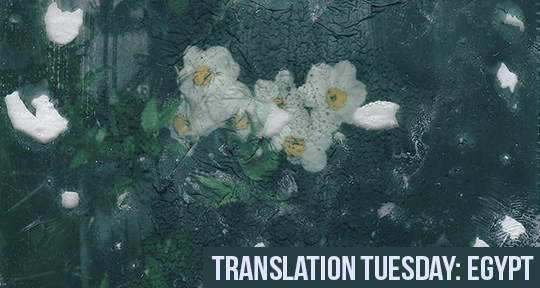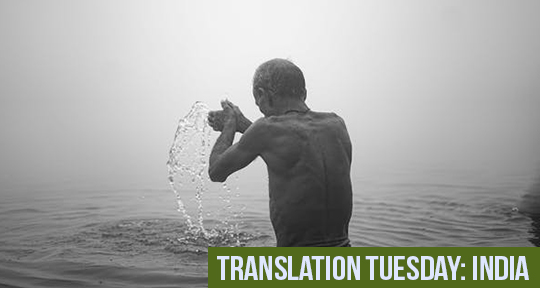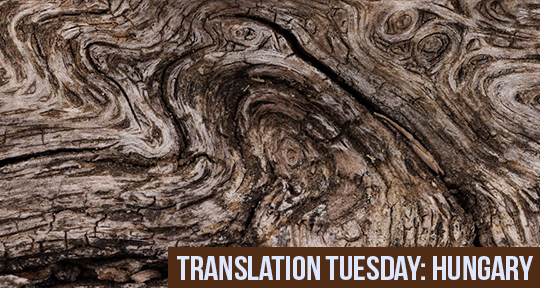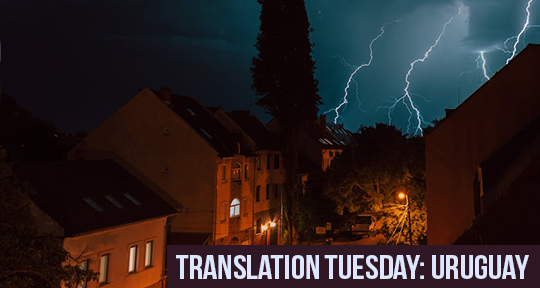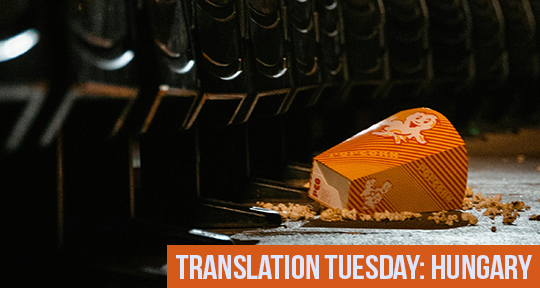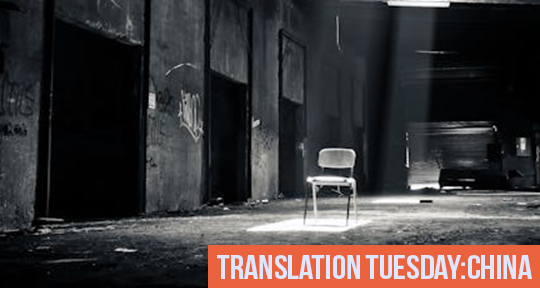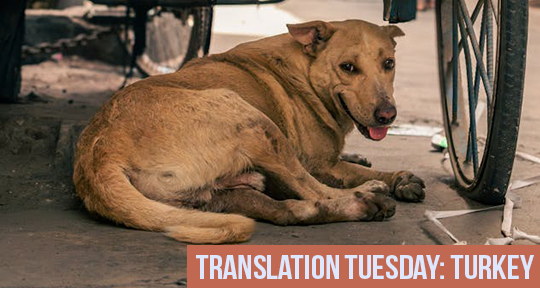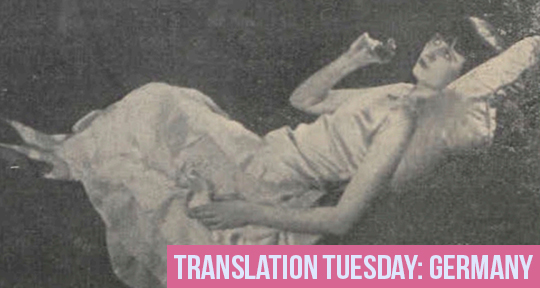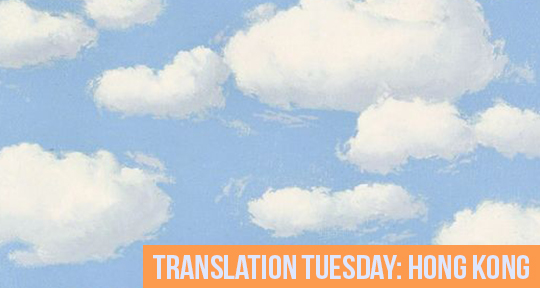For this week’s Translation Tuesday, we bring you a short story by Ling Shuhua, translated from the Chinese by Nicky Harman. The Wu family has escaped to the mountains for their holiday, but their tranquil lifestyle belies the turmoil brewing around them—they’re in 1920s-1930s China. For Katherine, the youngest daughter, every day is a battle with her status-conscious mother, who is intent on shaping her children according to trendy Western sensibilities. Katherine finds solace in the company of Silver, her nanny’s daughter, whose practical countryside wisdom provides a counterpoint to her mother’s imported values. Their innocent antics set off a chain of events that exposes the fragile facade of propriety so carefully maintained by the Wus, and, more generally, the affluent class to which they belong.
The rain stopped at dawn, and a mist descended over the trees in the valley. Amid the white-out, all that could be heard was the waves breaking on the beach, their steady rhythm seeming to promise a beautiful morning.
A long-drawn-out hoot broke the silence. The jade-green foothills lay in a dreamlike haze, the mountain peaks facing out to sea floated clear of the mist as if from behind clouds at sunset, and the coastline emerged in perfect chiaroscuro, like a Chinese ink wash painting.
The surface of the water began to glow with brilliant dawn colours and the sand on the beach caught flickers of light; in the eastern sky, the sun spewed bright golden rays of light through the layers of crimson clouds.
Then the mist vanished and on the hills, buildings painted red and green, as neat as little doll’s houses, could be seen amongst the greenery.
Set back at some distance from them was an impressive-looking villa painted a vivid red and flanked on one side by a broad veranda in pale green. This, the summer home of company director Wu, could be seen from miles away.
On the veranda, the aroma of coffee and buns filled the air; Mr. Wu was having breakfast with his wife and two of his children—a boy and a girl of twelve or thirteen, smartly dressed in Western-style clothes.
Below them, on the lawn, a big empty space dotted with bright flowering trees and shrubs, the youngest daughter, Katherine, was sitting on a rock playing at cockfighting with Nanny Wang’s daughter, Silver. They were jabbing at each other with big handfuls of pine needles. Suddenly, Katherine stopped and gazed out at the sea.
READ MORE…

